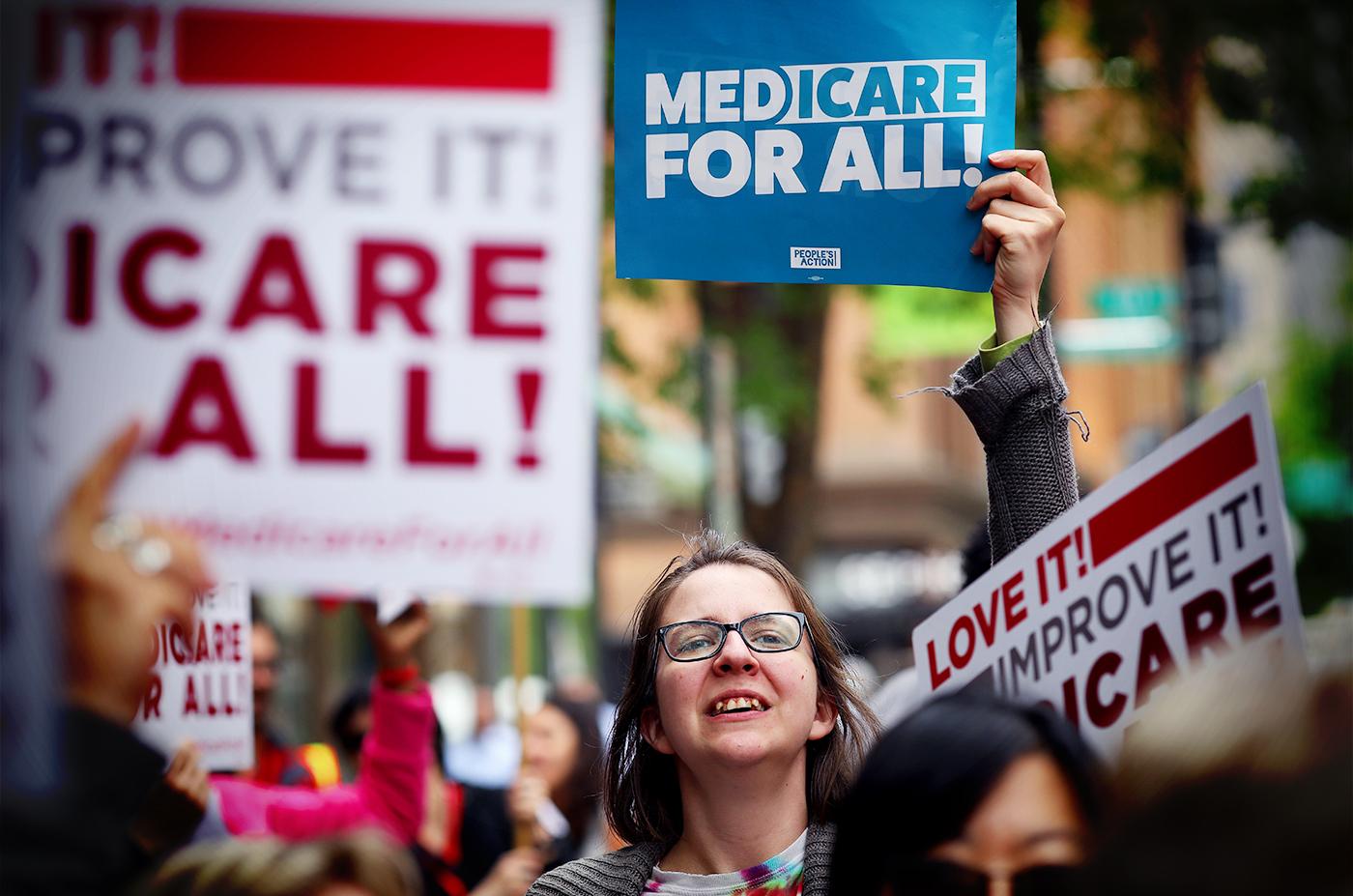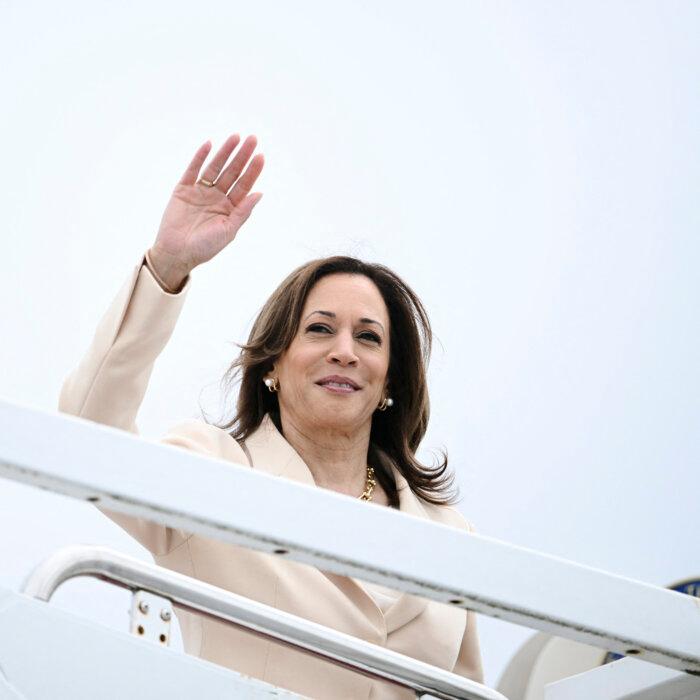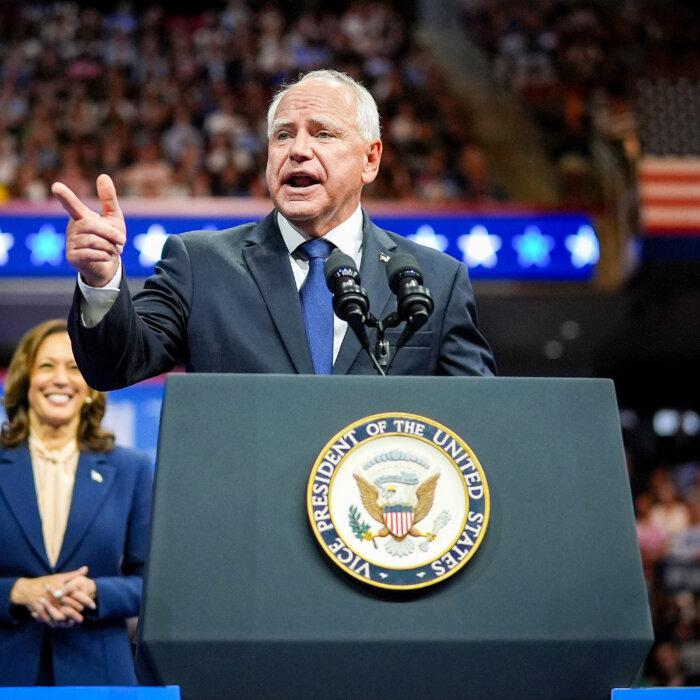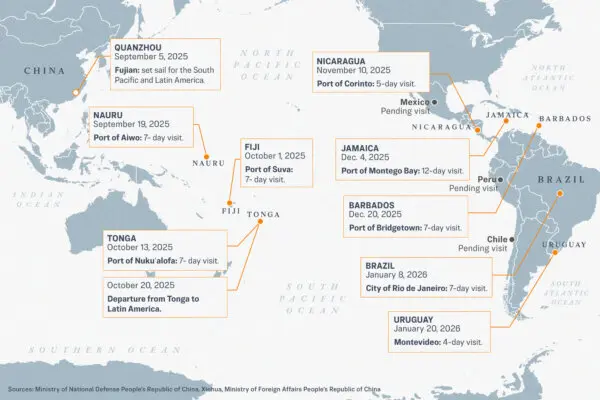Since becoming the Democratic Party’s presidential nominee, Vice President Kamala Harris has been defining her political platform in real time.
Having entered the presidential race late and with no written platform, she is curating her positions through public statements. Sometimes those positions align with President Joe Biden’s, sometimes they diverge, and often they differ from her previously held positions.
“I think the one advantage that Harris may have is that there’s less than 100 days to go,” Republican strategist Ford O’Connell told The Epoch Times.
Given that brief window, it may be easier for her to introduce her policy positions than for her political opponents to define her.
Abortion
Harris has made abortion access a centerpiece of her campaign, often contrasting herself with former President Donald Trump, who appointed three Supreme Court justices who voted to overturn Roe v. Wade.Like Biden, Harris favors federal legislation to reinstate the nationwide protection of abortion access that Roe v. Wade had provided.
“When Congress passes a law to restore reproductive freedoms, as president of the United States, I will sign it into law,” Harris told rally-goers in Atlanta on June 30.
US Border
Harris’s position on the border has changed compared to 2020. During her 2020 presidential campaign, Harris said the country should “think about starting from scratch” with Immigration and Customs Enforcement, the agency responsible for investigating and deporting illegal immigrants, a position she now rejects.“Immigrants are part of the fabric of America,” she wrote in 2019, vowing to pass immigration reform.
Now Harris, like Biden, considers the influx of illegal immigrants part of a global migration crisis and a humanitarian issue.

Yet she has begun to differentiate herself by speaking more about border enforcement.
Referring to her tenure as attorney general of California, she said in July: “In that job, I walked underground tunnels between the United States and Mexico on that border with law enforcement officers. I went after transnational gangs, drug cartels, and human traffickers that came into our country illegally.”
Harris went on to criticize Trump for speaking against a bipartisan border security bill earlier this year, which subsequently failed twice in the Senate. She promised to resurrect that legislation if elected.
Harris’s vice presidential record on the border has been the subject of recent controversy, particularly over the extent of her role in securing the border.
Biden appointed Harris in March 2021 as the unofficial border czar to “address the underlying causes of migration through a strategy to confront the instability, violence, and economic insecurity that currently drives migrants from their homes.”
Israel–Hamas War
Harris has repeatedly affirmed her support for Israel and denounced Hamas and its Oct. 7, 2023, attack. Both Biden and Harris favor a two-state solution in the region.However, after meeting with Israeli Prime Minister Benjamin Netanyahu on July 25, she said that while Israel should always be able to defend itself, “how it does so matters.”
“I also expressed with the prime minister my serious concern about the scale of human suffering in Gaza, including the death of far too many innocent civilians,” Harris said, reiterating remarks from December 2023 that Israel “must do more to protect innocent civilians.”

She appears to be more willing to challenge Israel on its treatment of Palestinians in Gaza.
Ukraine–Russia War
Biden favors ongoing military and humanitarian aid to Ukraine for its war with Russia, seeing this as critical for preventing further aggression against allies in Europe. The president entered an agreement with NATO allies in June to support Ukraine “until it prevails,” providing military support into the next decade.Harris has not contradicted that position.
Supreme Court
Harris favors Supreme Court reform but has changed her position since 2020.However, Harris issued a statement in agreement with Biden’s recent proposed court reforms, which include 18-year term limits and a judicial code of ethics that would be enforceable under law. The proposal doesn’t include increasing the number of justices.
“There is a clear crisis of confidence facing the Supreme Court as its fairness has been called into question after numerous ethics scandals and decision after decision overturning long-standing precedent,” Harris said in a July 29 statement.
She said the reforms are needed to restore public confidence in the court.
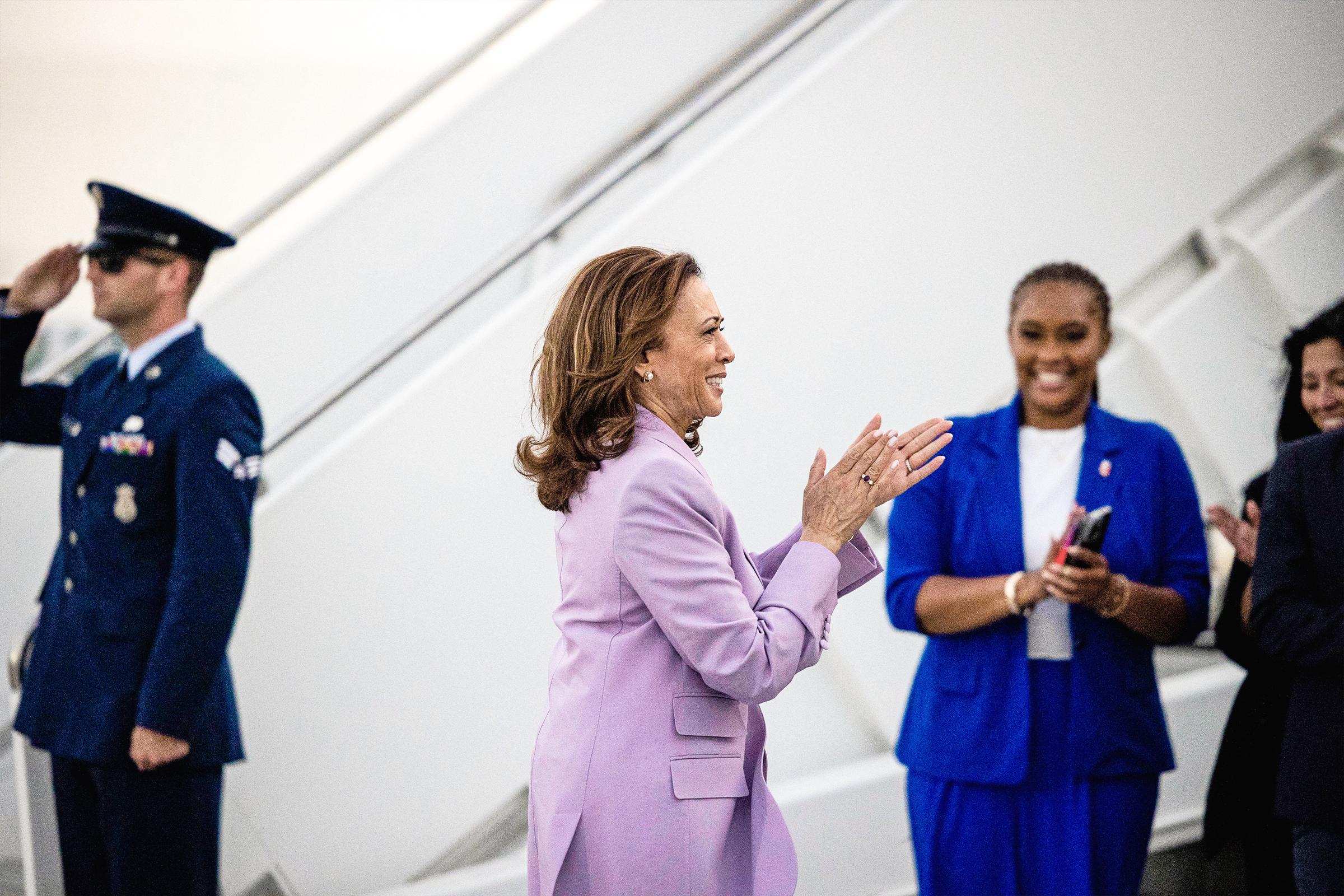
Policing
As San Francisco district attorney, Harris called for tough sentences for gun violence offenders, seeking a minimum 90-day jail time for possession of a concealed or loaded weapon, vowing “no tolerance.”After joining the Biden campaign later that year, she rejected the concept of defunding the police.
Gun Rights
Harris has made “freedom from gun violence” a consistent focus in campaign speeches.Harris has since defined that as a ban on the sale of so-called assault weapons to civilians, universal background checks, and the enactment of red flag laws.
The Biden administration also favors requiring safe gun storage and ending the prosecution immunity for gun manufacturers. She has not contradicted those positions so far.

Taxes
Harris and Biden both favor increased taxes on large corporations and Americans making more than $400,000 per year.The president advocates raising the corporate tax rate to 28 percent from its current rate of 21 percent, while Harris supports the 35 percent corporate tax rate in place before the Trump-era tax cuts.
Health Care
Harris wants to make health care more affordable and, at a minimum, protect the Affordable Care Act, colloquially known as Obamacare.Both Harris and Biden have said that health care should be considered a right in America. However, the president expressed doubt in 2020 that universal health coverage is affordable.
Her plan would have been funded by a 4 percent tax increase on those who earned more than $100,000 per year.
